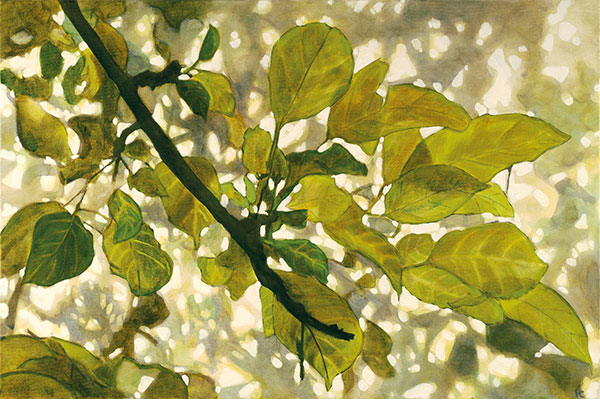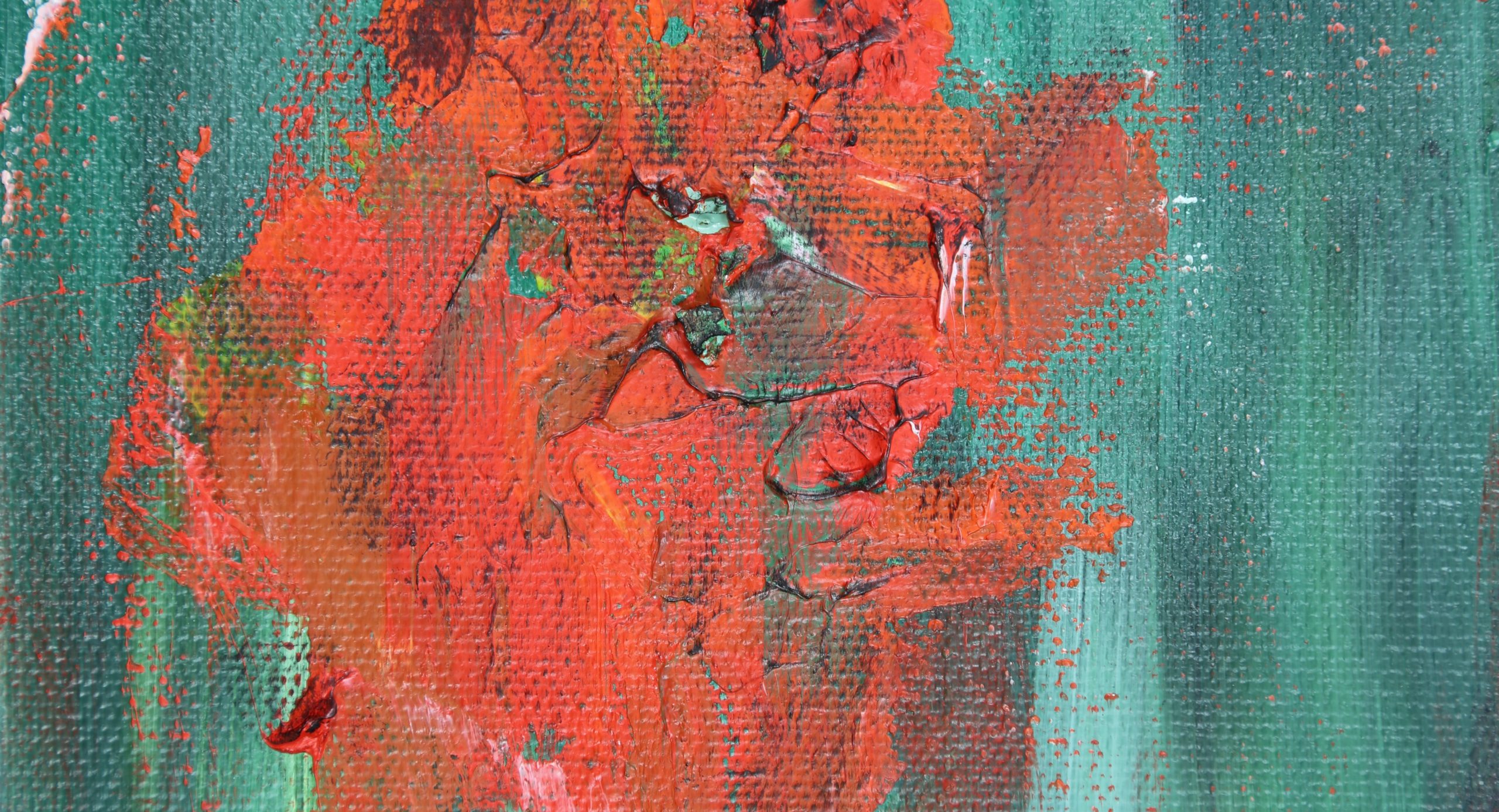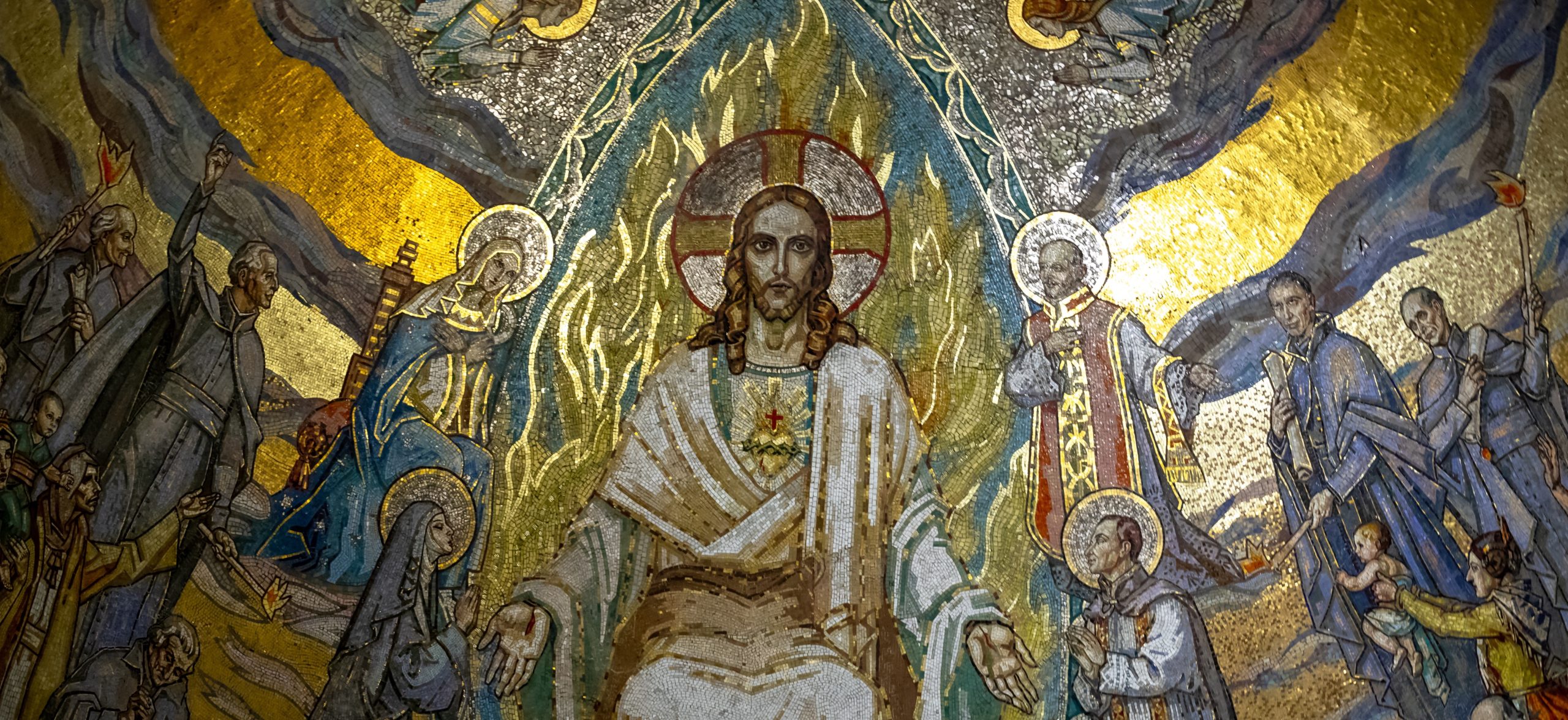My friend David Baer and I recently wrote a piece in which we suggested that our current crises present an opportunity for theologians to reconsider how they speak to a world they hope might be paying some attention. We counseled theologians to abandon the offices of pundit and scold: in our opinion, theology has more than finger-wagging and “takes” to offer. Though the temptations of scolding are difficult to resist, and punditry by definition finds a ready audience, theologians can take consolation in knowing their job well done involves turning their hearers’ eyes toward God, even if only for a moment. In this piece, I speak to my colleagues, to the theologians and academics who find themselves seduced by easy forays into topical and timely speech.
Within Catholicism, the language of the “signs of the times” has been a popular and sometimes effective means of signaling the intention of theologians to speak meaningfully to their communities. We theologians use the language of the signs of the times as a mechanism by which to try and locate—and compete about—this or that social phenomenon deserving special attention. It typically ranges across a spectrum of political and social issues (poverty and inequality, immigration, abortion, gay marriage, this or that sense of social “progress” or decline, and so on). The power of invoking the signs of the times consists in attaching gospel language to important social concerns. Its weakness, however, is built into that strength. By attaching the gospel to contemporary concerns theologians can lose sight of that horizon toward which Jesus directed his disciples. The horizon of the signs of the times is the end of the age (Matthew 24:3). “See to it that you are not alarmed,” Jesus counsels the disciples: do not be misled by false messiahs or become alarmed by events. Stand firm, he tells them, because they know the events point to his return.
That horizon has too often been discounted even by those who should know better. And thus our communal conversation, a conversation among Catholics that should be open enough even to include all those Christians and non-Christians who believe in a Creator, parrots the conversation of our age in its lack of discipline, honesty, and graciousness. Instead of reflecting the community and its capacity for extra-ecclesial openness, the conversation is closed even to those in the communion of the church. In tone and approach, the voices are preening and finger-wagging and virtue-signaling.
This has become most evident in the responses of the church and its spokespeople (of which I am one) during our various crises: COVID-19, lockdown, the new confrontation with racial bias, the riots, the protests. Rather than follow the disciplined practice of looking at current events against a theological horizon common to the greatest sermons handed down to us, theologians and others have weighed in on masks and reopenings and epidemiological interpretations. In some cases, with a nearly perverse sense of pleasure, they have noted how events confirm their own ways of seeing the world. All of that is good sport, especially in the Twitter shithole. But none of that builds a solid structure of understanding, and almost all of it is absorbed into the white noise of a culture in desperate need of distinct, clear counsel.
During these crises we have witnessed the weighing up of seemingly opposed alternatives: lives or the economy, law and order or justice. Reasonable cases have been made on all sides of the weight of the one against the other. As Christians, however, we know the impoverishment of this approach. Lives are always at stake. All of our lives are lived against the backdrop of mortality. Order or justice? Justice is an expression of order; disorder can never be justice, and yet the justice we enjoy is always mixed and partial and fragile. The choices we face are not between “lives or the economy,” or “justice or order,” but between, as Augustine says in a sermon, “begging in this world, and reigning with Christ.” We so love life, many would beggar themselves for just another day, a few more hours, a last moment; how many, Augustine wonders, recognize they are only delaying death at the cost of eternal life? We are like blades of grass, the psalmist says, soon enough windswept and forgotten even by the place we once stood.
Silence is a space, and silence can be fertile. Without the patience to allow that seed of the Word to grow, our thinking becomes barren.
“What am I to say?” Augustine asks in the same sermon. What words, what threats, can a world-historical rhetorician employ to melt the “ice of earthly numbness” of his hearers who continue to so love life they would beggar themselves at the cost of eternal happiness? That question is ours.
I don’t know what to say either. Augustine was stupefied at the prospects of breaking through the numbness of his hearers, and yet he spoke, sowing the seed of the word. A speaker of such great gifts, he recognized the needs of his community and spoke from those gifts, to those far beyond his time and place. Today speakers of louder voice and fewer gifts are holding forth, echoing, too often, both sides of the terms of the debate that are set by those without the horizon of the resurrection. The noise of the surety of our colleagues and friends, of sudden expertise, is pummeling our ears, drowning out the silence that we need to hear the word of God. Silence is a space, and silence can be fertile. Without the patience to allow that seed of the Word to grow, our thinking becomes barren.
Today, I wonder if perhaps the greatest gift of many of us might be to answer Augustine’s question with this: “For now, I do not know.” We can continue to say the things that are unshakenly true. We can continue to do our work. For the rest, we can be attentive for wisdom, and while we wait in the not knowing, we can let the sliver of silence and peaceful uncertainty we offer be a gift to a world that needs fewer takes and more quiet.





